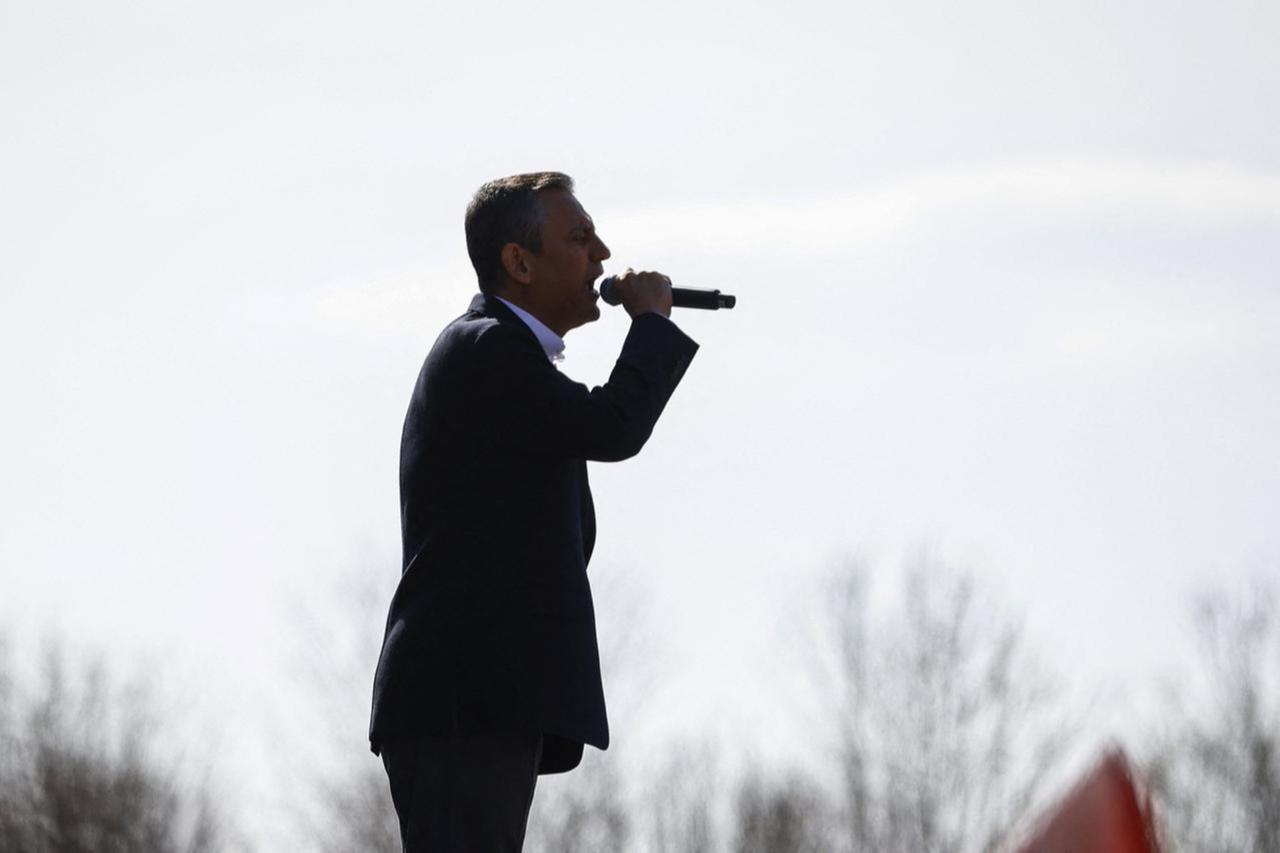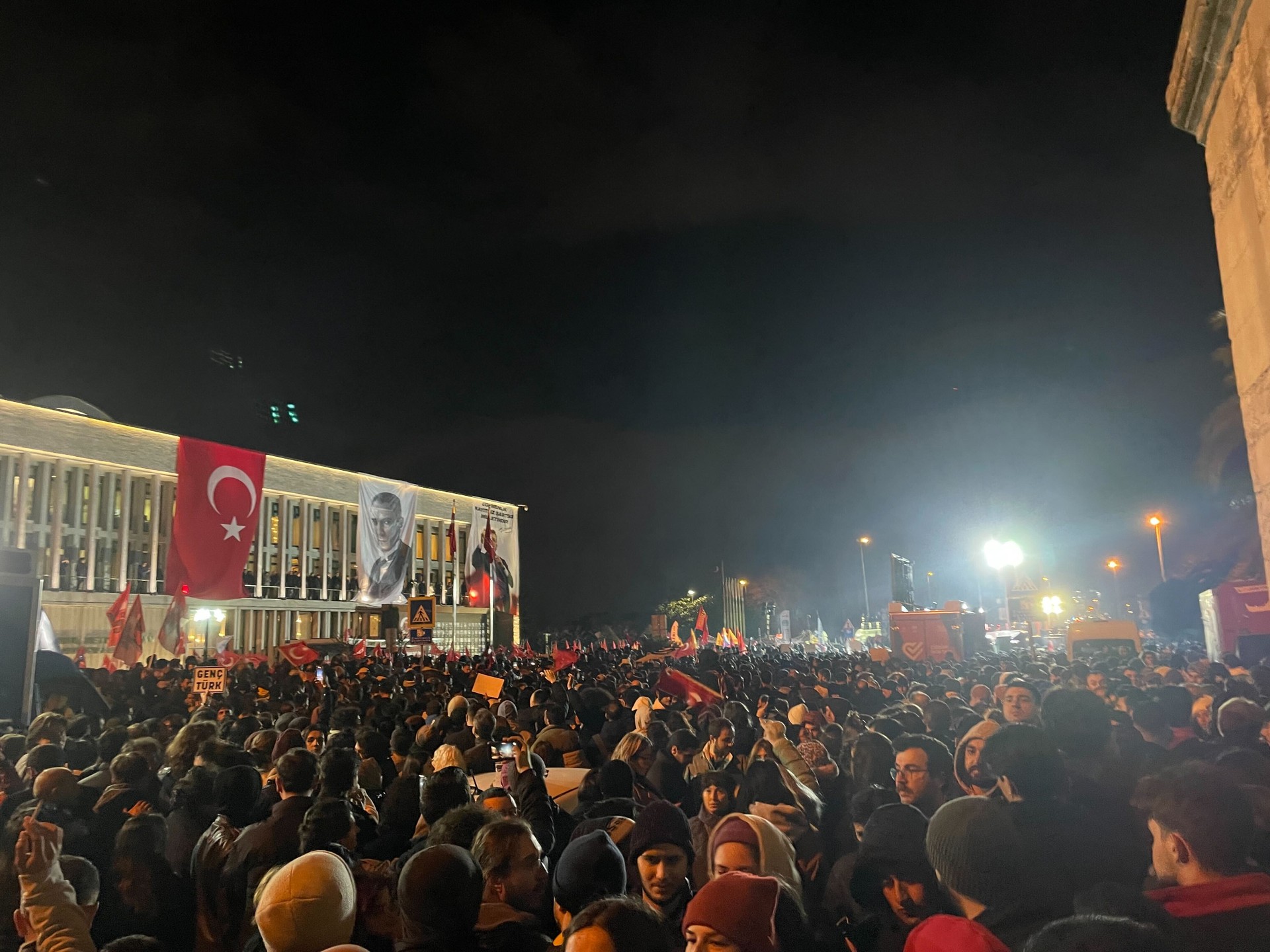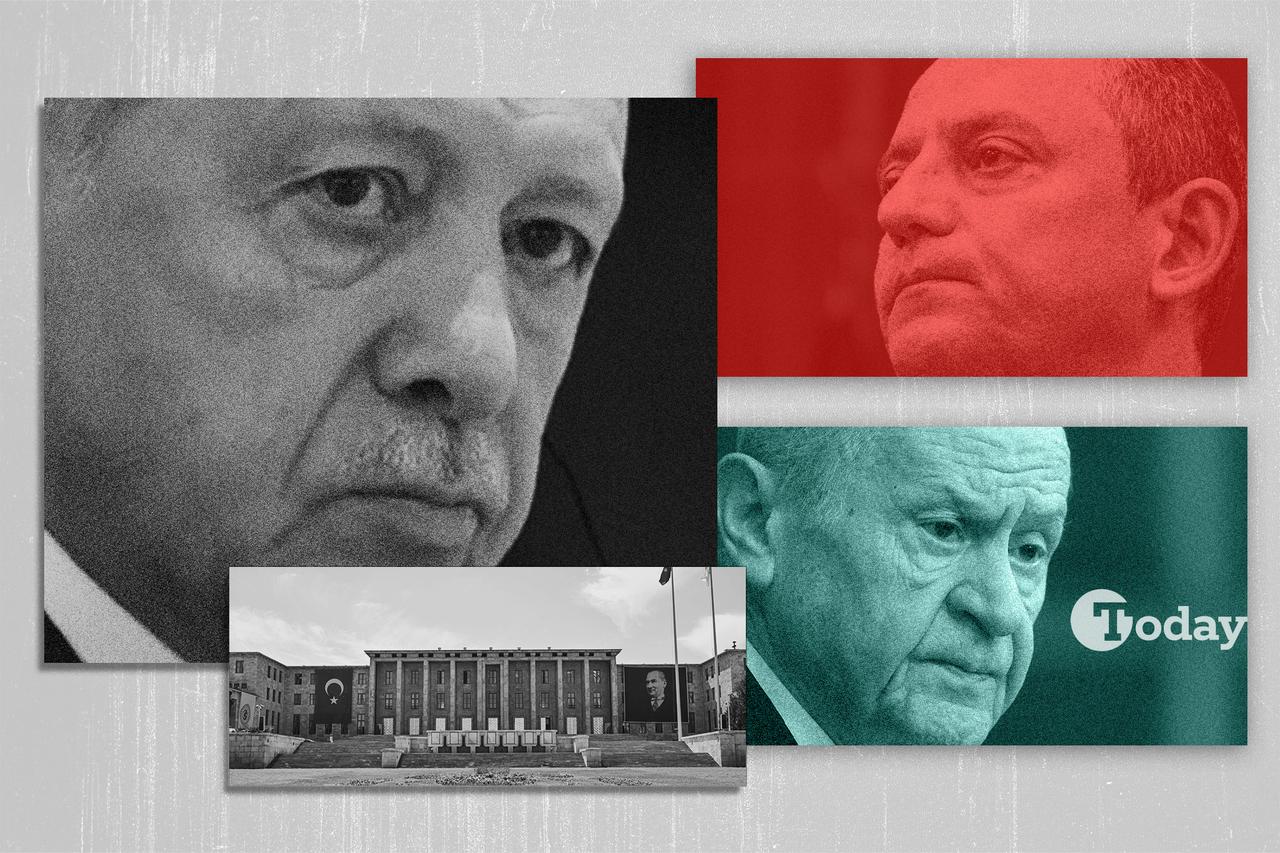
Ankara’s Chief Public Prosecutor has launched a criminal investigation into Republican People’s Party (CHP) Chair Ozgur Ozel, Türkiye’s main opposition leader, marking a new phase in the government’s intensifying legal campaign against opposition figures.
The probe accuses Ozel of insulting the president, inciting crime, threatening public officials, and issuing threats—a broad legal package that could carry serious political consequences if pursued aggressively.
The announcement came just days after three CHP-affiliated mayors were detained in what party officials describe as coordinated legal operations. Bocek, the most high-profile of the trio, was formally arrested on July 6. CHP sources say the moves are aimed at criminalizing local governments controlled by the party, which governs most of Türkiye’s largest cities, including Istanbul and Ankara.
Further escalating tensions, President Recep Tayyip Erdogan’s personal attorney filed a civil suit against Ozel, seeking 500,000 Turkish lira (approximately $12,000) in damages for allegedly offensive remarks.
Now, as the moment to decide on strategy approaches for CHP approaches, election bids, mass protests, strikes, and street politics emerge as possible strategies.

The mounting legal pressure has pushed CHP leadership into a strategic crossroads, with street mobilization once again entering the party’s internal debate as a rare development for the center-left bloc, which has traditionally favored institutional channels.
In a recent address, Ozel hinted at possible mass demonstrations, stating, “I will decide the day I call the people to the streets. Don’t push me. If it happens, you’ll watch it the way you watched the square in Egypt.”
The statement, interpreted as a reference to Egypt’s 2011 Tahrir Square uprising, drew immediate condemnation from Nationalist Movement Party (MHP) leader Devlet Bahceli, who warned that “if your street enthusiasm leads to crime, you’ll find the Turkish state and nation standing in your way.”
Behind the scenes, CHP’s Central Executive Board (MYK) and Party Assembly (PM) are reviewing multiple scenarios, with discussions ranging from nationwide rallies to more disruptive tactics. A nationwide general strike, symbolic bank withdrawals, and synchronized actions by all CHP-affiliated elected officials are reportedly on the table.
A key meeting of CHP policy-makers is scheduled for July 10 in Ankara.
While public mobilization is gaining traction among some factions within the party, others are voicing concerns about public backlash.
During the recent Party Assembly meeting, several members questioned whether tactics such as withdrawing bank deposits or staging a general strike could alienate the middle class and damage the party’s legitimacy.
One participant cautioned, “We believe we’re on the right side of the law and public opinion. But if we appear to be escalating or imposing burdens on society, we risk losing our base.”
Ozel, for his part, has reportedly urged caution, emphasizing that all party responses must remain within the boundaries of the democratic norms. From what it appears, the party leader positioned himself in an effort to balance internal demands for a tougher stance with broader public sensitivities in a deeply polarized political environment.
For now, Ozgur Ozel appears to be pursuing a calibrated response, maintaining political momentum through nationwide rallies while avoiding a direct and open confrontation with the ruling bloc.

Meanwhile, a proposal previously floated to pressure the government into early elections for Istanbul through engineered resignations in the municipal parliament of Istanbul appears to have lost momentum.
The scenario, which would see at least 20 CHP MPs resign to trigger parliamentary by-elections, resurfaced during the Party Assembly discussions but was quickly dismissed by Ozel, who stated that the strategy is “not currently on our agenda.”
CHP officials now characterize the by-election threat as a “final option,” preferring to build political pressure through continued rallies, legal defense of local governments, and careful coordination with labor unions and civil society groups.
Another critical issue facing the CHP leadership is the question of the disarmament of the terror group PKK. Speaking on Monday, Ozel signaled the party’s openness to a resolution process, stating, “We won’t sabotage the process. We support disarmament.”
His remarks come at a time when public opinion appears cautiously supportive of opposition involvement. According to a recent joint survey by IstanPol and Rawest, 60% of respondents favor the CHP’s participation in the process.
The study also found that while the public sees the ruling bloc as the primary actor capable of delivering a resolution, it looks to the opposition for legitimacy.
This places the party in a strategically delicate position: while its endorsement could lend credibility to joint efforts, some within the political sphere view the process as part of a broader effort by the ruling coalition to preserve its majority through alternative alliances.
In this context, how the CHP frames its support—whether as a constructive contribution to peace or as a calculated move to avoid being sidelined—may shape not only the trajectory of the disarmament issue but also the party’s standing ahead of future electoral realignments.
The coming weeks—particularly the outcome of the July 10 mayoral summit—are likely to signal whether the party leans toward mass mobilization or continues to pursue a strategy of institutional resistance within legal confines.
In either case, the battle over Türkiye’s political landscape appears far from over, and another looming challenge for the CHP is the party leadership case, now postponed until September.
The opposition’s next move could significantly shape the lead-up to the days ahead.